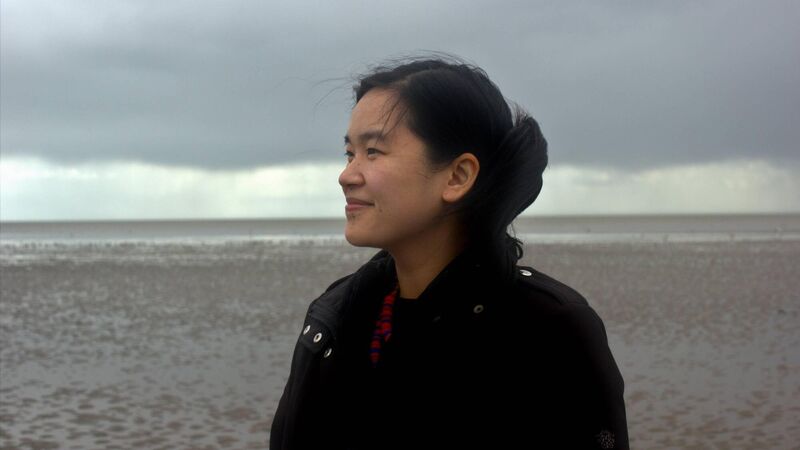'Ask yourself why you want to learn': Úna-Minh Kavanagh on Irish for Culture Night

Úna-Minh Kavanagh: "I'm trying to break down that barrier where young people see Irish as just for school."
This Friday is Culture Night in cities, towns and villages around the country - a chance for individuals and communities to explore the role of the arts and culture in our daily lives.
Music, language, visual art, performance art, as well as the written and spoken words, are all part of the rich tapestry of Irish life and history.



